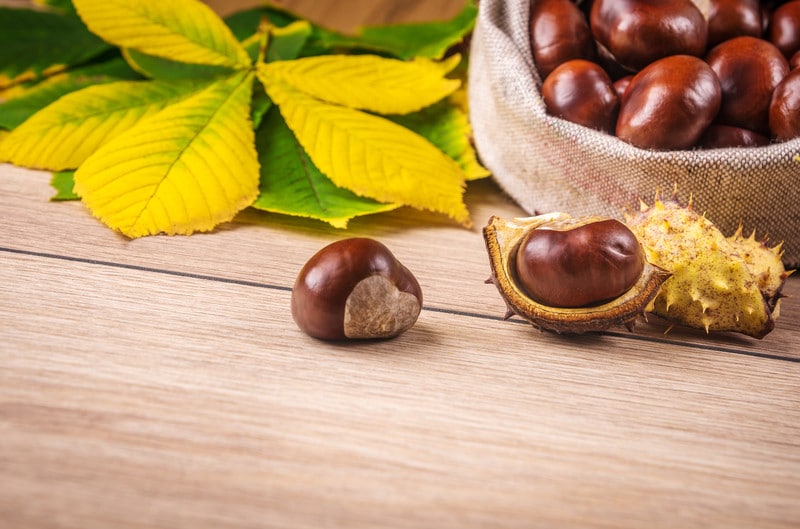Common Symptoms of CVI – Should you be concerned?

The concern about having or developing Chronic Venous Insufficiency (CVI) is a great reason to have your varicose veins fully assessed by a qualified Vein Specialist.
Why should I be concerned about the symptoms of Chronic Veins Insufficiency?
Chronic Venous Insufficiency, also known as Venous Reflux Disease or Venous Stasis, refers to a condition of inadequate blood flow from the legs back to the heart. In healthy veins, blood pressure and muscle movement move blood out of the legs and upwards; one-way valves prevent back-flow of blood between heart beats. When those valves become weak, veins become distended and blood pools in the lower legs. This can lead to Chronic Venous Insufficiency. While CVI is not usually lethal, its symptoms can significantly diminish your quality of life.
What are the most common symptoms of Chronic Venous Insufficiency?
If you experience any of these symptoms, consider getting a full vascular health evaluation from a qualified Vein Specialist to determine what can be done to improve your quality of life.
- Varicose and spider veins
- Swelling of the legs and ankles
- Skin color changes over the legs and ankles
- Sores on the legs (ulcers), especially those that are slow to heal
- Aching legs
- Heavy legs
- Burning, throbbing in the legs
- Muscle cramps
- Leg fatigue
- Bleeding veins
- Itching over veins
- Restless legs
- Leg pain after sitting or standing long periods
Who is at risk of developing the symptoms of Chronic Venous Insufficiency?
There are a number of reasons that venous valves become weaker, and family history tops the list. If other members of your family have CVI, you have a much higher chance of developing this condition. Other factors include:
- Age. Vessel walls get weaker over time.
- Hormonal factors. Hormonal imbalances and fluctuations affect vessel wall integrity.
- Pregnancy. Hormonal fluctuations and the physical pressures of pregnancy are both factors.
- Trauma and other injury to the legs. Scar tissue can also impair blood flow.
- Deep Vein Thrombosis. These are clots that form in the deep venous system and impede blood flow.
There are lifestyle factors, as well, that can increase your chances of developing CVI. Any repeated activity (or inactivity) that impedes or slows blood movement in the body will impair your vascular health, including:
- Standing or sitting for long periods. Gravity can take a toll, and blood moves better when the body is moving.
- Obesity. It takes a lot of physical resources to support increased fat tissue.
- Smoking. Not only does smoking decrease the amount of oxygen that is taken in by the body, its long-term effects include a buildup of plaque and decreased flexibility in the vessel walls.
- Hypertension. High blood pressure can also contribute to a decrease in blood vessel wall flexibility.
- Lack of physical activity. Blood moves better when the body is moving.
Treatment for the symptoms
While there is no cure, there are a number of minimally invasive procedures available that will improve vascular sufficiency, and provide relief from CVI symptoms. Read more about them by clicking on the links.
- Medical Adhesive (Veneseal Closure System)
- Laser Treatment (Endovenous Laser Treatment (EVLT)
- Radio Frequency Ablation (ClosureFast Radiofrequency Procedure)
- Liquid Sclerotherapy and Compression (chemical injection)
A board certified Vein Specialist can provide you with a full vascular exam and Duplex Ultrasound.These tools will measure the blood flow returning to the heart, assess your overall vein health, and allow for the creation of a treatment plan tailored to your specific needs.
Although there is no cure for varicose veins and venous insufficiency, there are certain varicose vein home treatments you can to help relieve some of the symptoms of aching legs, swelling of legs, itchy legs, leg cramps and restless and heavy legs. Varicose Veins Homeopathic Treatment For those who prefer a homeopathic approach for managing…
Read MoreAre you worried about your varicose veins? A lot of people who have venous insufficiency or vein disease do not realize they have it or how straightforward it is to treat. Symptoms of venous insufficiency or vein disease are progressive and can start as early as your teens and twenties, but will only get worse…
Read MoreCan You Cure Varicose Veins? There are several conservative therapy and management of vein insufficiency options to help with the symptoms associated with varicose veins. None of these methods will prevent or fix the underlying problem. There is no cure for varicose veins or venous insufficiency, once a vein is abnormal (fails to return blood…
Read MoreWhat jobs contribute to getting or worsening varicose veins? When you are in the business of taking care of other people, sometimes you get so busy taking care of them that you forget to take care of yourself. People with active lives and active legs, like fire fighters, paramedics, nurses, police officers, teachers, flight attendants,…
Read MoreCauses of Varicose Veins During Pregnancy There are a number of reasons why women get varicose veins during pregnancy. First, the volume of blood circulating in the body increases to help support your growing baby. However, veins don’t have a way to accommodate the extra volume so sometimes the veins bulge, itch, are painful to…
Read MoreWhat is a Vein Specialist? When the venous system becomes incapable of doing its job effectively, that is when a vein specialist is at their best. A vein specialist is a medical provider whose main focus is the treatment and management of venous disease. Vascular medicine is composed of two different systems, arterial and venous.…
Read MoreCan I Use Essential Oils For Varicose Veins? Essential oils can help to temporarily alleviate symptoms associated with the underlying problem of varicose veins, but they do not prevent, treat, or cure venous disease itself.
Read MoreThere are several treatments available for painful varicose veins According to recent studies, 50 to 55 percent of women and 40 to 45 percent of men in the United States suffer from some type of vein problem. Varicose veins affect half of people 50 years and older, typically found on the thighs, inside the leg,…
Read MoreHigh Temperatures Will Irritate Varicose Veins As hot as it gets in Arizona, we can’t blame the sun for our varicose veins or spider veins as it is not the cause. However, our hot Arizona summers do cause diseased leg veins to get worse, as do hot tubs, heating packs, and prolonged hot baths. Warmer…
Read MoreDoes smoking cause varicose veins or spider veins? The noxious chemicals in cigarettes can do serious damage to your veins and arteries, whether you use tobacco products on a day-to-day basis or on occasion. The signs of damage from smoking often shows up in our vein center patients through the development of spider veins…
Read More


